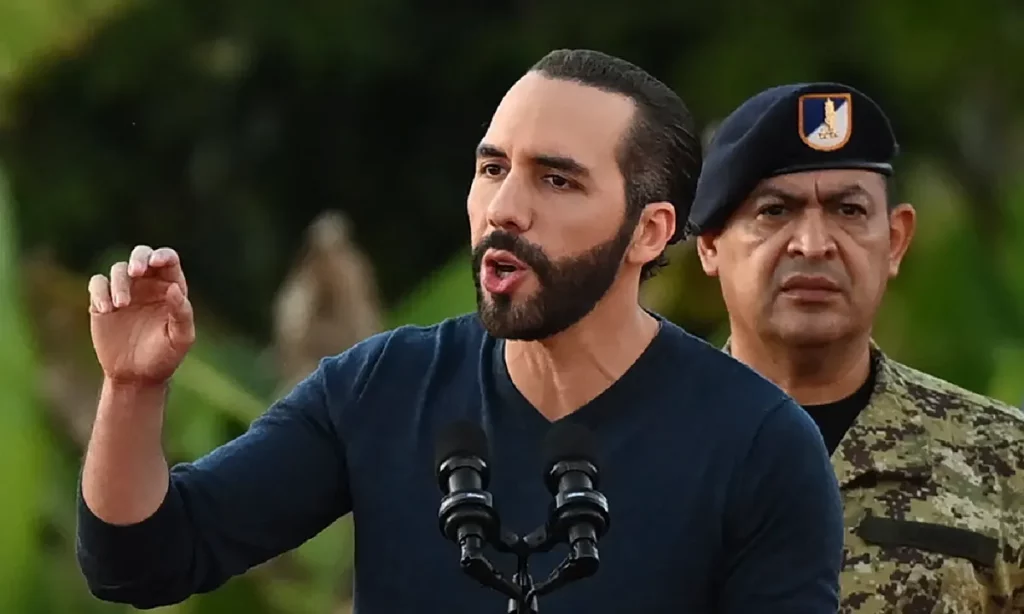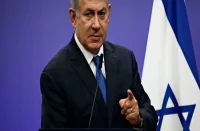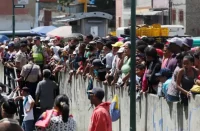Being in a state of civil war for 13 years, El Salvador saw its population divided into two opposing camps that used any method to spread their influence as the active fighting ceased. It would seem that the signing of a peace treaty between the armed opposition and the incumbent government at Chapultepec in 1992 would resolve the problems, at least partially. But in reality, the country was divided between El Salvador’s Nationalist Republican Alliance and the Farabundo Martí National Liberation Front.
Both parties actively recruited associates from the criminal world who provided them with solid support. As a result, according to the InSight Crime International Association, El Salvador had become the most dangerous state in Latin America by 2014. The number of homicides approached 4,000 per year, which, given the population of 6.2 million, is extremely high. How did the authorities in El Salvador manage to overcome crime and become one of the safest nations in Latin America?
El Salvador’s current President, Nayib Bukele, who is credited with freeing the country from crime, began his political career back in 2012 when he took office as mayor of the small municipality of Nuevo Cuscatlán in the department of La Libertad. His results were stunning: the municipality became one of the safest places in the country within a couple of years. Due to this, his career went skyrocketing. Just 3 years after his victory in Nuevo Cuscatlán, he was elected mayor of El Salvador’s capital from the Farabundo Martí National Liberation Front.
Since 2015, he has initiated programs to expand the electrical grid in the capital, light the streets, found sponsors to build socially important infrastructure, and renewed the look of San Salvador’s historic downtown. Riding the wave of success, he was not afraid to declare his intention to run for President, and won the election in 2019, at the age of 37, emerging as the youngest president in his country’s history.

Claiming the fight against crime as the crucial task of his first presidential term, he proposed the “Territorial Control Plan.” This plan included 7 different phases that, if implemented, could, in theory, reduce crime in the country. First and foremost, the plan placed increased emphasis on toughening the criminal code, increasing the number of police and military personnel, and re-equipping the armed forces. However, it also addressed social issues: schools were opened, and various employment programs for young people were introduced. Bukele assumed that the spread of education and the opportunity for the younger generation to find employment could be factors that would significantly reduce the number of people joining criminal gangs. And the plan worked!
Nayib Bukele left the Farabundo Martí National Liberation Front, which opposed his initiatives, and formed his own party, New Ideas so that he could implement his vision in the shortest possible time, which was essential in the fight against criminal clans. Party candidates for the Parliament received the support of the people, and the President got himself a loyal legislature. Nayib Bukele finally consolidated his power after he appointed his proxies to the country’s Supreme Court to replace those who opposed his policies.
By early 2022, Nayib Bukele essentially held all three branches of government in the country in his hands. This gave him the opportunity to adopt tougher policies against criminal gangs when it appeared that flexible measures to suppress criminal gangs required too many resources and were not always respected. Which flexibilities are we talking about? The fact is that, while consolidating his own power, the President has not forgotten the campaign promises he made to the Salvadoran people.
With limited options at the time of his election, he repeatedly negotiated with the leaders of El Salvador’s most powerful criminal organizations, Mara Salvatrucha and Barrio-18. The meetings took place inside tightly guarded prisons, and, at first, the agreements reached were respected. Gang members serving time in maximum security prisons were guaranteed improved conditions and the possibility of legal employment upon release. However, the situation took a turn after members of the Mara Salvatrucha gang broke the agreements and massacred major cities in El Salvador. There were 87 dead, many more were injured, and worst of all, there were almost no security officers among the victims. They were mostly civilians, including children and women.
The terrorists’ actions finally gave a free hand to the President, who, over the past few years, had significantly consolidated his power in the country and had the opportunity to proceed to an active phase of the fight against crime. Immediately after the attack by the Mara Salvatrucha group, Nayib Bukele declared a state of emergency across the country and declared that “the elimination of gangs is the mission of his Presidency.” The introduction of the state of emergency suspended some constitutional guarantees, greatly expanding the authority of law enforcement agencies: from now on, representatives of the country’s law enforcement agencies could detain a person without a warrant, and the administrative detention was increased to 15 days.
Restrictions have also affected freedom of the press and movement. Meanwhile, the President initiated the adoption of a law, which was smoothly approved by the Parliament loyal to him. The law introduced significant changes to El Salvador’s penal code, increasing prison sentences for gang members to 45 years, deploying armed forces in the country’s largest cities, and initiating mass detentions of people to check their affinity with criminal groups. The state of emergency regime imposed in the country was extended monthly by the Parliament, which by that time had long been in the hands of people loyal to the President. This extreme monopolization of power allowed him to use the state of emergency regime as an institutional framework to fight against El Salvador’s criminal underworld.
to be continued














Comments